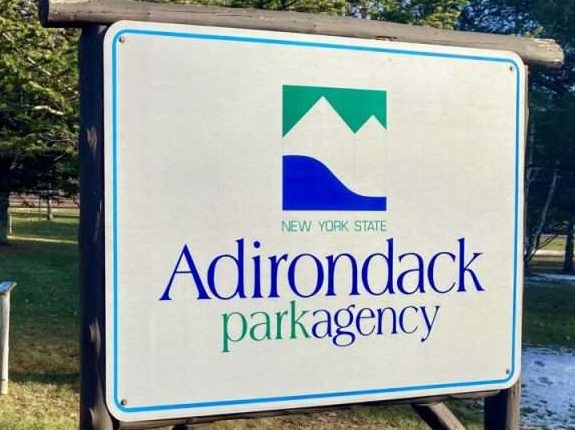Inside the Adirondack Park Agency: Whistleblowers Expose a Workplace in Crisis

In a dramatic internal revelation, staff members of the Adirondack Park Agency (APA) have publicly voiced their concerns about the workplace culture, alleging a deeply problematic environment under the leadership of Executive Director Barbara Rice. Through a formal letter addressed to the agency's Board, employees have painted a troubling picture of workplace dynamics, characterizing their professional setting as "hostile and toxic."
The unprecedented communication from staff members highlights growing tensions within the organization, suggesting systemic issues that extend beyond typical workplace disagreements. By directly confronting the Board with their experiences, the employees are signaling a critical breakdown in organizational culture and leadership effectiveness.
While specific details of the allegations remain confidential, the use of terms like "hostile" and "toxic" implies serious workplace conduct concerns that potentially undermine the agency's professional standards and operational integrity. The letter represents a bold step by employees to draw attention to what they perceive as unacceptable working conditions.
The APA, a critical agency responsible for protecting and managing the Adirondack Park's delicate ecosystem and development, now finds itself at a crossroads. The staff's formal complaint raises significant questions about leadership, workplace environment, and the potential impact on the agency's crucial environmental mission.
As the Board reviews these serious allegations, the situation remains fluid, with potential implications for leadership, organizational culture, and the agency's future effectiveness.
